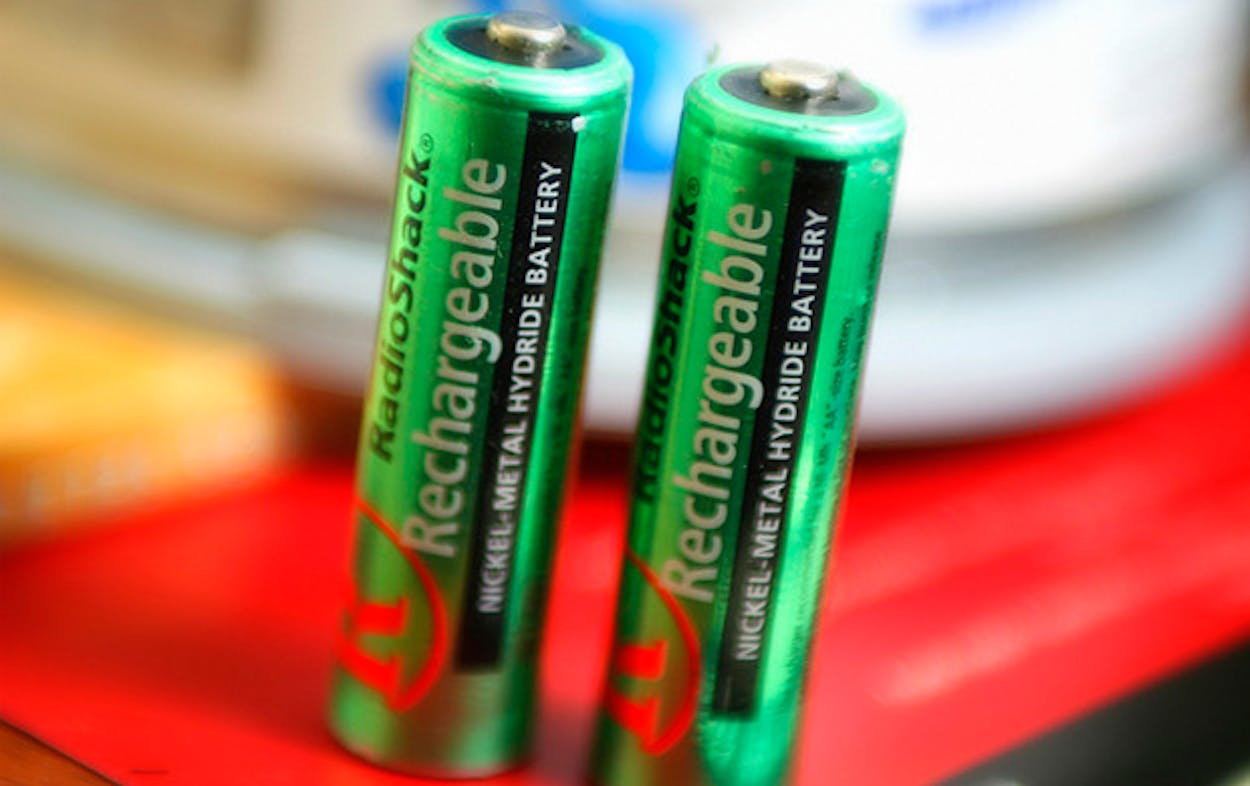The Texas economy is one of the most robust in the world. Wildly profitable companies and ingenious entrepreneurs call this state home, and what happens here influences businesses around the nation. Here’s a slice of the profits, losses, big deals, and backroom decisions happening across Texas this week.
DFW Downsizing
AMR Corporation, the beleaguered parent company of American Airlines, announced this week that it plans to cut sixteen percent of its work force—as many as 13,000 jobs—to stop the financial bleeding that accelerated with its bankruptcy filing in November. The company has set a goal of reducing operating costs by at least $2 billion per year, and Reuters reported the “layoffs and other employee-related cuts would comprise more than half of the total savings.”
The Bottom Line: Analysts say that while the number of job cuts is high, American’s rivals took similar actions years ago, which could account for their better performance today.
The entire industry fell into decline a decade ago due to increasing fuel prices and the September 11 attacks, but “mergers and restructuring by United Airlines, Delta Air Lines, and US Airways between 2002 and 2010 have enabled them to now turn profits,” whereas American Airlines’ delayed reorganization is finally taking its financial toll.
Texans Talk Tech Tax Transparency
Rick Perry announced this week that the Texas Emerging Technology Fund—a program established in 2005 to bolster growth of the state’s tech sector—has created a total of 820 jobs since 2006.
So far the state has paid out $192.7 million in awards from the ETF, which works out to more than $200,000 per new job, Businessweek reports. Perry said that while that money comes from taxpayers, “the state’s investments have attracted more than $592.3 million in private- sector and other funding.”
The Bottom Line: Another controversy emerged this week when ETF Director Jonathan Taylor told a state economic committee that the program’s transparency policy—which requires companies that receive ETF money to disclose the number of jobs they create—is too strict and puts the companies at competitive risk.
The Austin American-Statesman editorial board responded Tuesday in an editorial criticizing Taylor’s claims, writing:
It seems pretty basic to us: If you run a company that receives money from Texas taxpayers, then you should let Texas taxpayers know whether their money has benefited the state.
RadioShack Investors Tuning Out
The Shack reported poor fourth-quarter earnings this week, causing its shares to decrease by thirty percent, according to The Dallas Business Journal. The electronics retailer’s margins are shrinking, and as the Motley Fool puts it, “there are signs that RadioShack’s contracting margins are here to stay—and that should give any investor pause.”
The Bottom Line: The company’s marketing strategy, including its 2009 effort to rebrand itself as “The Shack,” is often cited as a factor in its continued poor performance. The DBJ recently quoted retail experts who described the campaign as “vague” and not representative of RadioShack’s effort to shift its focus toward the mobile market.
Thrown for a Loophole
An organization opposed to corporate tax loopholes recently included two Houston energy companies, El Paso Corporation and CenterPoint Energy, on its list of thirty corporations “that spent more to lobby Congress than they did in taxes” from 2008-2010, the Houston Business Journal reported.
Companies on the list, dubbed the “Dirty Thirty,” paid no federal income taxes but earned a combined $163.7 billion in profits in addition to $10.6 billion in tax rebates over three years, according to the HBJ. The Dirty Thirty report indicates that El Paso Corp.’s tax rate was -1 percent and CenterPoint’s effective tax rate was -14.7 percent.
The Bottom Line: CenterPoint’s legal team quickly responded to the HBJ’s article with a letter refuting the results of the study. The company says its tax rates were actually above thirty percent in each year covered in the study, but it was able to defer its tax liability because it made $3.7 billion in infrastructure investments.
Winner of the Week: Houston ’Burbs
Two Houston-area subdivisions ranked among the top-selling master-planned communities in the U.S. in a national real estate report released last week.
The Woodlands ranked second on the list, while the Cinco Ranch development clinched the number three spot. Overall, Houston was “the metropolitan area with the most top sellers,” claiming twelve of the top fifty communities on the list, according to the Houston Business Journal.
The Woodlands is poised to hold onto its high ranking, as a new Exxon-Mobil corporate campus is expected to bring even more demand for real estate in the community.
Loser of the Week: Mark Cuban
Dallas Mavericks owner Mark Cuban made the media rounds this week after he was eliminated in the first round of bidding to become the new owner of the Los Angeles Dodgers.
Cuban complained that he was edged out by bidders who are willing to pay more for the team’s TV rights. “I wanted to buy a baseball team; they were selling a media rights deal,” Cuban told Access Hollywood. As CBS Sports reports, “Cuban has now swung and missed three times on owning a baseball franchise”—he also failed in his previous attempts to acquire the Rangers and the Cubs. The asking price for the Dodgers is estimated to be about $1.5 billion, according to the L.A. Times.






